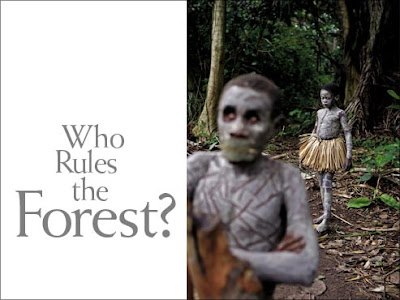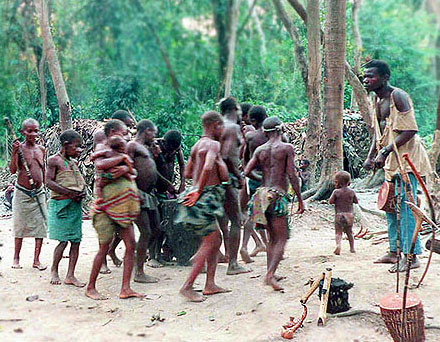

1- The backgrounds of this experiment: the inventor of the experiments was J.R. Stroop. But really was original worked by J.M. Cattell in 1885. Objects and colors took longer to name than corresponding words. Stroop had two mayor questions what effect each dimension of the compound stimulus would have trying to name the other dimension? And the other question was what effect practice would have trying to name the other dimension. He came up with tree experiments.
2- To conduct these experiment first do the chart at the right. It needs to be in color so that the people you experiment on can have the concept of the experiment. Then get some people and a stopwatch, later time each one, and record how they do to compare them. After that record the data of each one and then you will see the difference between people that can handle reading more or confusing more.
3- The results are that words evoked a single reading response whereas colors evoked multiple responses and that naming the colors was much slower that reading them.
4- This results are that in the fist part of the experiment they familiarize with only reading the word but in the second half of the experiment it is harder to not read but to identify the color.






